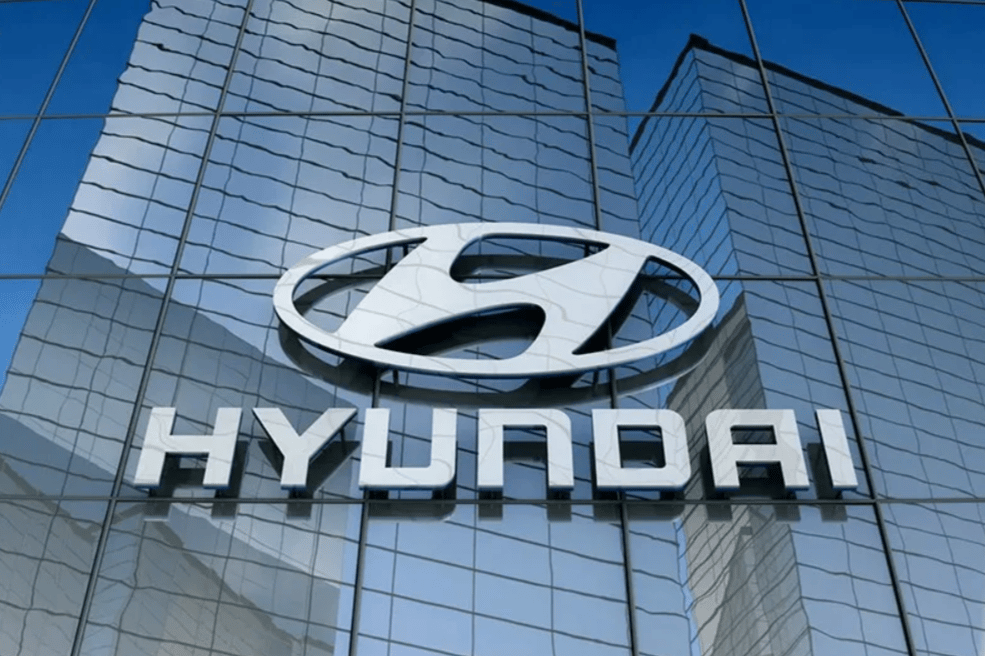

Hyundai Motor $005380.KS, one of the world’s leading automotive manufacturers, has announced a significant shift in its production strategy. In direct response to newly imposed tariffs on imported vehicles in the United States, Hyundai has decided to move production of its Tucson crossover from Mexico to the U.S. This step aims to mitigate financial risks and safeguard the company’s market position in the vital U.S. automotive sector.
Going beyond this immediate change, Hyundai’s management is evaluating the possibility of moving portions of its production capacity out of South Korea to other locations. These measures are designed to maintain the company's competitive edge in a climate marked by intensifying global competition and growing trade uncertainties.
1. Localizing Tucson production in the U.S. as a tactical response to new trade barriers
2. Redistributing manufacturing operations across countries to reduce logistics and customs expenses
3. Diversifying supply chains to increase organizational flexibility
4. Strengthening engagement with local authorities and regulatory bodies to secure support for manufacturing operations
5. Evaluating alternative regions for potential future production localization by Hyundai Motor

— Escalation of protectionism in major markets
— Reevaluation of automaker strategies under global market instability
— Rising importance of adaptable supply chains
— Enhanced focus on reducing operational costs while maintaining high product quality
— Governmental economic policies reshaping the international automotive trade landscape
Hyundai Motor’s adjustments to its production strategy underscore the profound influence of geopolitical tensions and trade restrictions on global automakers’ business processes. As the industry transitions from traditional manufacturing setups to more flexible, regionally-focused models, adaptability has become a critical factor in sustaining competitiveness in the international automotive market.
This move hints at reshaping the future of technological automation